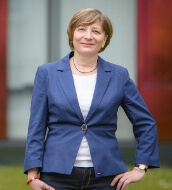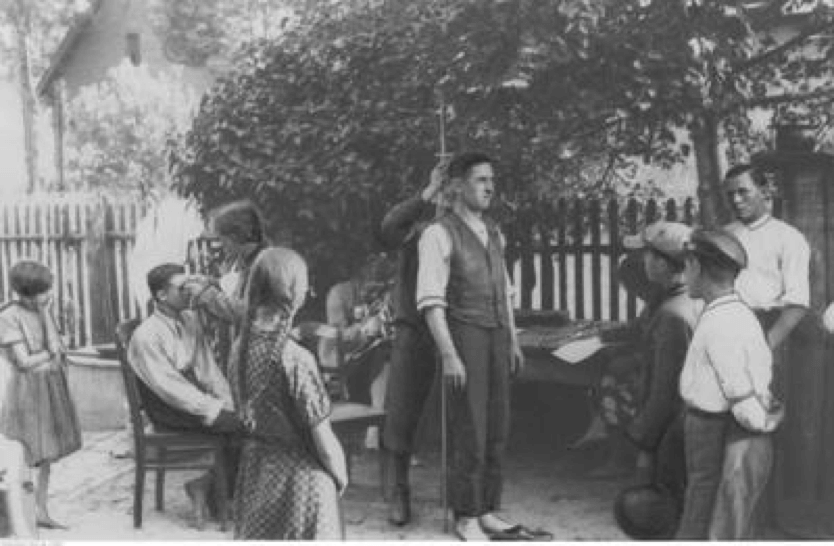From the Habsburg Empire to the Age of Extremes. Physical Anthropology at Lviv University 1913-1944
Maria Rhode
Göttingen UniversityOctober 13, 2017 / 4.00 pm
Center for Urban History, Lviv
From the beginning of its establishment in the mid-nineteenth century, physical anthropology was a discipline of an enormous international extent. Placed between zoology, medicine and ethnology, it gathered different professions from all over the world around the promise of objective modern science. Nevertheless, it had its specific national or local characteristics. At Lviv University, the first chair of anthropology and ethnology was established in 1913, but already before this date, the former Siberian convict and zoologist Benedykt Dybowski had taught the basics of the new discipline at the Jan-Kazimierz-University. In her lecture, she was explored the impact of different political framings on the shape of this allegedly pure science. Starting from the inter-war period with the famous Lviv-school of Jan Czekanowski, the researcher was proceeded to World War II and trace the discipline’s changes and continuities in the age of extremes.
is a senior lecturer at the Seminar für Mittlere und Neuere Geschichte at Göttingen University. She emigrated from Poland in the 1970s, finished her education in Germany and got her PhD at Freiburg University in 1994, based an a study about the Polish-Lithuaninan specificity of the interregnum (Ein Königreich ohne König. Der polnische Adel in sieben Interregna 1573-1673, Wiesbaden: Harrassowitz 1997). In the last years, her focus of interest shifted to the history of science and its international entanglement, which she explored for example in her papers about the nineteenth century Russian expedition to Ethiopia or the Polish engagement in the Cameroons. She is also interested in methodological questions concerning writing about Eastern Europe.
Maria Rhode
